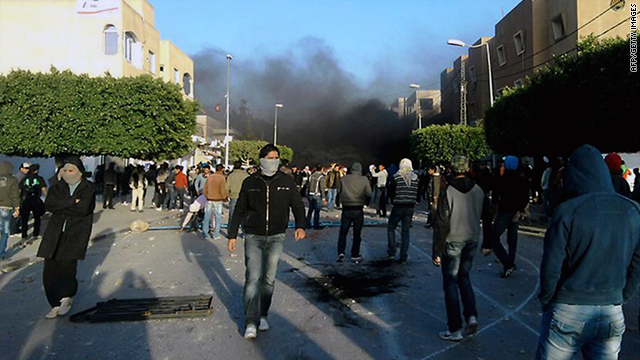Continuation of Video…
IMPUNITY WATCH PRESENTATION OF NECTALI RODENZO (2/12) from Impunity Watch on Vimeo.
November 9, 2010. Impunity Watch Law Journal and the International Law Society hosted Nectali Rodenzo, a lawyer and Co-Coordinator of the National Front of Lawyers in Resistance to the Coup in Honduras. Rodenzo shared his experiences of the 2009 Honduran military coup, its context and aftermath, and how it relates to the human rights situation on the ground in Honduras today.
